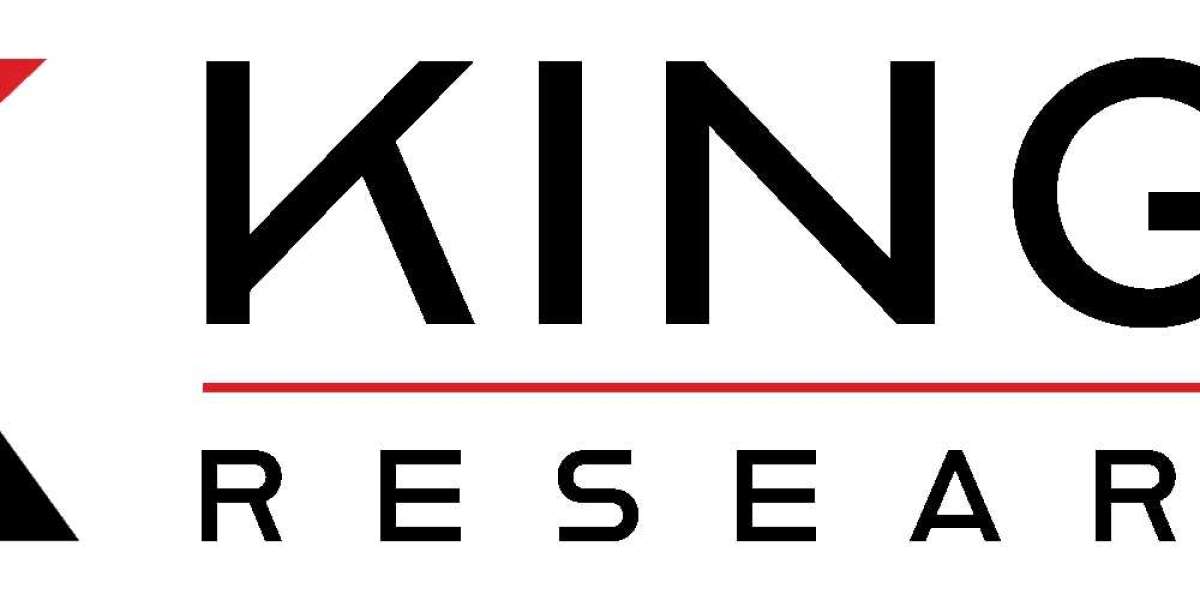The field of data science has grown rapidly, leading to the emergence of specialized roles such as data scientists and data engineers. While both professions deal with data, they have distinct responsibilities and skill sets. If you're considering a career in data, understanding the differences in the data scientist vs data engineer debate is crucial for making an informed decision.
Understanding the Roles
What Does a Data Scientist Do?
A data scientist focuses on extracting insights from data to drive business decisions. Their work involves:
Statistical analysis and machine learning to build predictive models.
Data visualization to present findings in an understandable manner.
Business intelligence to translate raw data into actionable insights.
Programming in languages like Python and R for data manipulation.
What Does a Data Engineer Do?
A data engineer ensures that data pipelines and storage systems function efficiently. Their responsibilities include:
Building data architecture to handle large-scale data processing.
ETL (Extract, Transform, Load) processes for data integration.
Database management using SQL, NoSQL, and cloud-based storage solutions.
Optimizing data workflows to support real-time analytics.
Key Differences Between Data Scientists and Data Engineers
1. Focus and Responsibilities
Data scientists analyze and interpret data to generate insights.
Data engineers design and maintain data pipelines to ensure smooth data flow.
2. Required Skill Sets
Data scientists need expertise in statistics, ML, and data visualization.
Data engineers require proficiency in data architecture, SQL, and cloud computing.
3. Tools and Technologies
Data scientists use Python, R, TensorFlow, and Power BI.
Data engineers work with Hadoop, Spark, SQL, and AWS.
4. Career Growth and Salaries
Both roles offer lucrative salaries, but data scientist vs data engineer salary differences depend on expertise and experience.
Demand for both careers continues to grow with the rise of big data.
How Dedicated Development Teams Support Data Roles
Organizations that rely on big data often turn to dedicated development teams to streamline their data operations. These teams consist of both data scientists and data engineers, ensuring seamless collaboration in data-driven projects. By hiring a dedicated team, businesses can:
Enhance data processing efficiency through structured pipelines.
Ensure real-time analytics with scalable cloud-based solutions.
Optimize data insights for better decision-making.
Which Career Path Should You Choose?
Your decision should be based on your skills and interests:
If you enjoy analyzing data, creating models, and making data-driven decisions, a career as a data scientist is ideal.
If you prefer building systems, managing databases, and ensuring data flows smoothly, data engineering is the right path.
Conclusion
Both career paths are essential for data-driven businesses. The data scientist vs data engineer debate is not about which role is better but about which one aligns with your career goals. Companies investing in data often rely on dedicated development teams to maximize efficiency. Whether you choose to become a data scientist or a data engineer, both roles offer exciting opportunities in the evolving field of big data.
FAQs
1. What is the main difference between a data scientist and a data engineer?
A data scientist focuses on analyzing data and building predictive models, while a data engineer builds and maintains the infrastructure for data storage and processing.
2. Do data scientists need programming skills?
Yes, data scientists must be proficient in programming languages like Python and R for data analysis and model development.
3. Is data engineering harder than data science?
Both roles have challenges, but data engineering requires strong database management, cloud computing, and data pipeline development skills, while data science emphasizes statistics and machine learning.
4. Can a data scientist become a data engineer?
Yes, a data scientist can transition to data engineering by learning database management, cloud computing, and data pipeline development.
5. Which career has better job opportunities?
Both careers have strong demand, but companies often hire more data engineers first to build infrastructure before bringing in data scientists to analyze data.
6. Do dedicated development teams include both data scientists and data engineers?
Yes, many businesses hire dedicated development teams that include data scientists and data engineers to ensure efficient data management and analysis.








